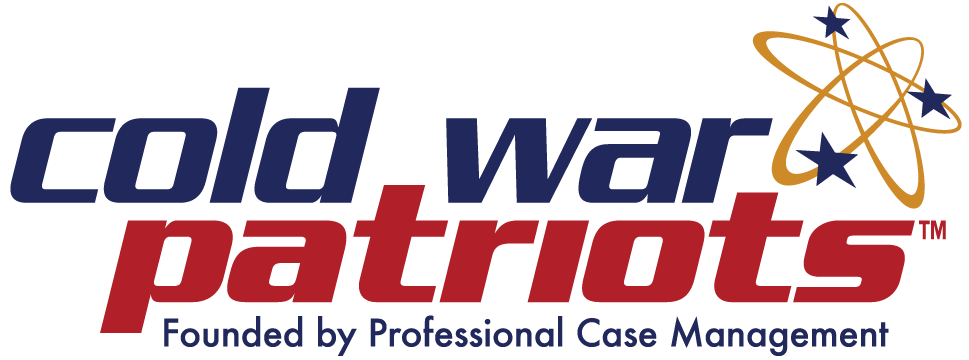
Industry News | CWP
Advisory Board Votes on Recommendations to Improve Compensation Program
March 6, 2019
March 6, 2019
CWP
Industry News
The Advisory Board on Toxic Substances and Worker Health (board) held a teleconference meeting on February 28, 2019 and discussed a variety of topics related to improving the Energy Employees Occupational Illness Compensation Program (EEOICP).
The board took up a few issues which were not finalized when the previous board expired in February 2018. The remaining issues were outstanding recommendations on presumption for asbestos-related diseases, clarification of the wording in the Procedure Manual for occupational asthma and improving the Occupational Health Questionnaire.
Asbestos-related diseases. The board identified additional job titles which could be presumed as having been exposed to significant levels of asbestos. The board recommended that a board’s committee work with the Division of Energy Employees Occupational Illness Compensation’s (DEEOIC) contractor who administers and maintains the Site Exposure Matrix work together to determine if there are other job categories from other sites which can be included in the presumption. The board also recommended the removal of the presumption that workers employed between 1987 and 1996 were not exposed to significant levels of asbestos. They noted that despite the government regulations the regulations were not always implemented when they were issued and could have taken months or years for the sites to come into compliance.
Work-related asthma. DEEOIC previously accepted the board’s recommendation on work-related asthma. However, the board noticed that the directions in the Procedure Manual could be confusing for personal physicians. The board submitted language which will clarify the requirements proving causation for this disease for physicians who could write a well-rationalized report.
Occupational History Questionnaire. Again, DEEOIC accepted the previous board’s recommendation to improve this questionnaire. The board recommends that DEEOIC incorporate questions that will trigger workers’ memories and reduce the burden on the worker to recall specific substances they were exposed to.
The board voted unanimously to adopt these recommendations and forward them to the Department of Labor’s Office of Workers’ Compensation Programs for their consideration.
The board discussed their review of Parkinson-related diseases. The subcommittee should have completed a review of the current literature and Site Exposure Matrix on Parkinson’s information by the in-person Board meeting on April 24th.
The board has developed a spreadsheet to track issues raised in the public comment periods at in-person board meetings to make sure they follow up on all issues.
The board reviewed the new DOL final rules and whether DEEOIC had followed the board’s recommendations. The board noted that none of their comments were accepted by DEEOIC.
At the November 2018 in-person meeting the board requested about 100 claims to review. They have not yet received them.
DEEOIC denied the board’s request to meet with the DEEOIC staff toxicologist and industrial hygienists.
The board needs more explanation on information DEEOIC provided them on annual statistics, Accountability Review metrics, and Medical Audits. Early in the teleconference, the board was advised that no members from the DEEOIC team was on the call. The Designated Federal Official suggested that the board request a member from DEEOIC to be on the calls in the future so that they can ask questions or clarify issues.
The board disagrees with DEEOIC’s determination that vapors, fumes, and odors cannot be added as causal links to asthma. The board based their recommendation of adding these based on current science.
The documents discussed can be found under “Briefing Book Materials”, https://bit.ly/2Ty55Dq.
The next in-person board meeting will be held in Augusta, Georgia on April 24-25. Cold War Patriots will provide this information when it becomes available.
